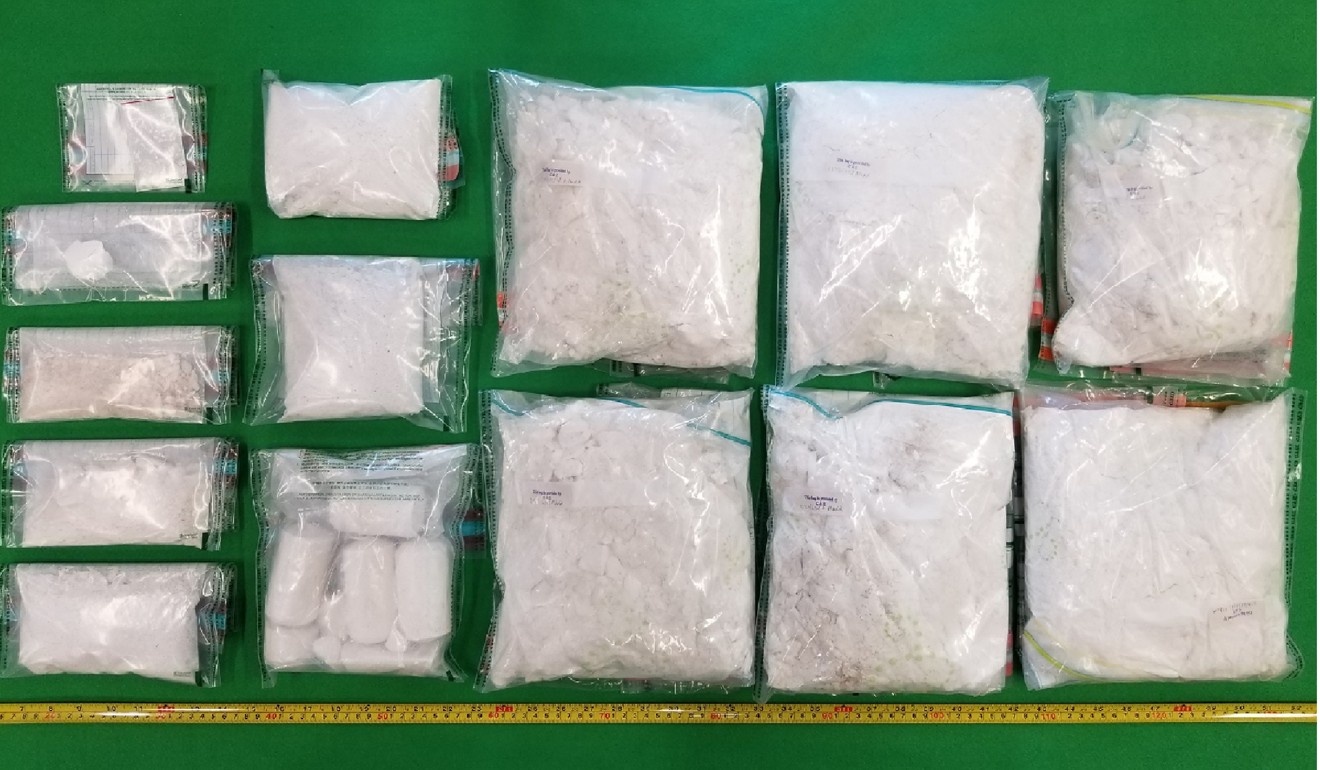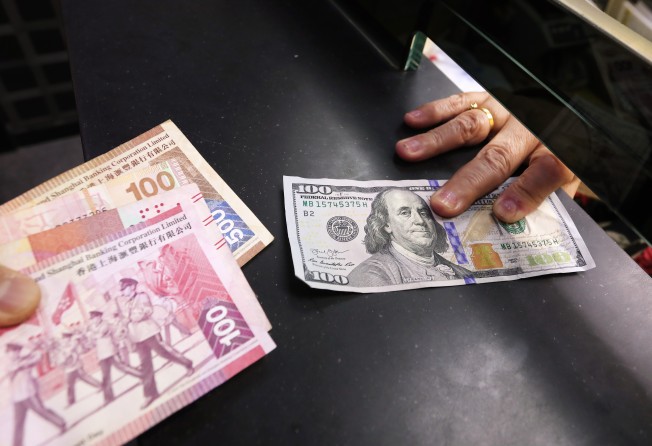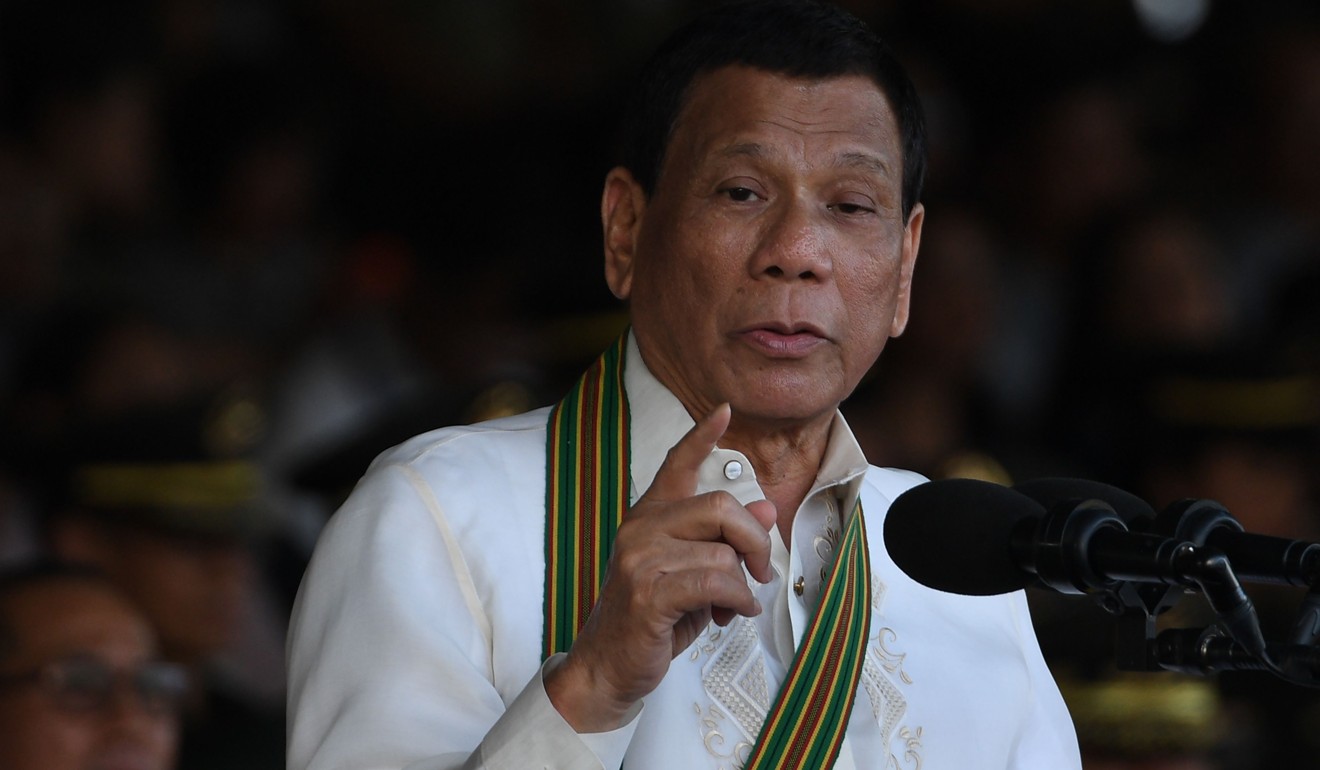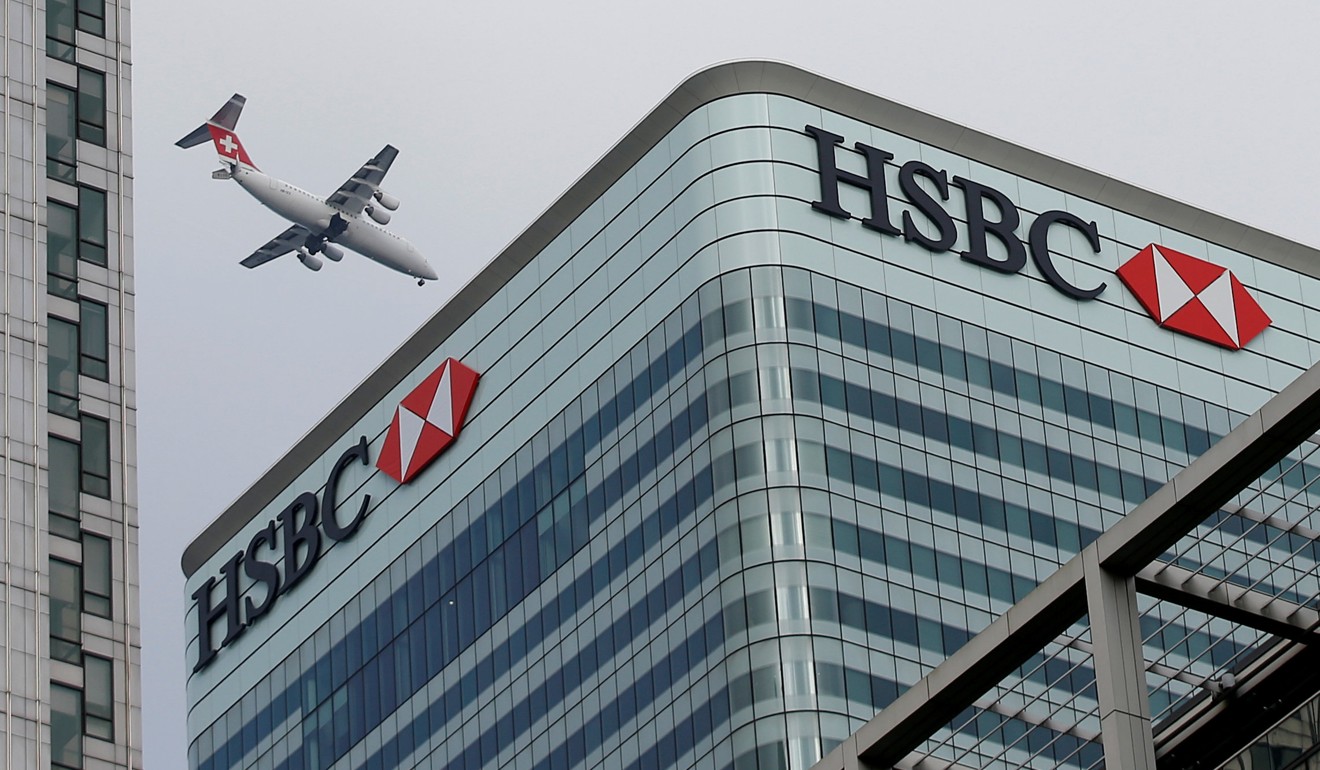
Double standards and ‘Duterte Harry’ are no answer to Hong Kong’s drug problem
As a military-style red carpet is rolled out for Philippine President Rodrigo ‘The Punisher’ Duterte, and banking giant HSBC avoids prosecution over millions in proceeds from narcotics, Niall Fraser rails against drug war double standards

Words matter, they really do. Even when unspoken they speak volumes.
With this in mind – and as Hong Kong welcomes a head of state who believes he can kill his country out of its drug problem – take a minute to consider those chosen by a High Court judge on Monday as he jailed a part-time security guard to a long stretch behind bars for the crime of drug trafficking.
According to the letter of the law – otherwise known as sentencing guidelines – Mr Justice Albert Wong Sung-hau told the young man in the dock, Heung Chun-ho, that the 827 grams of cocaine he had in his possession at the time of his arrest warranted a jail term of 20 to 23 years.
Then came the words that really mattered.
“In this case, I do not see any reason to depart from that,” Wong said.

After taking the 21-year-old’s admission of guilt into account and, presumably, the fact it was his first offence, the judge handed down a 14-year custodial term.
Thirteen words – a little more than one for each year of his sentence. Thirteen words hammering the final nail into the coffin of a possible career as a professional footballer, which had been blighted by bad choices fuelled by a perfectly legal – and archetypally Hong Kong – addiction to gambling.
‘We did not see his record’: Indonesian police defend award to Philippine chief leading war on drugs
My intention here, heaven forfend, is not to criticise an esteemed member of the judiciary. After all, Mr Justice Wong is just following the rules, and compared to visiting President Duterte he is a positive pussycat when it comes to meting out justice.
The good judge may even be genuinely convinced that Hong Kong’s “zero tolerance” and “just say no” approach to crimes involving narcotics is the best way to tackle a problem which continues to infect the globe with misery and death on a mass scale more than half a century after US President Richard Nixon launched the failed “war on drugs”.

No doubt fine words like “sending a message”, “deterrence” and “just say no” came into the sentencing equation.
However, just as the wider global war on drugs has failed spectacularly, so it has on the Hong Kong battlefront. Things have arguably got worse on some levels – not better – despite decades of tough sentencing and slogans.
The problem is, the wrong people are going to jail and a very small number of people who should be going to prison are living high on the hog from the proceeds of their drug crimes, ably aided and abetted by the great and the good of the global banking system who help them clean and/or hide their dirty money.
The only message being sent to the likes of soccer starlet Heung is that the authorities are “tough on the weak and weak on the strong”.

In 2012, HSBC, Europe’s biggest bank, paid a US$1.9 billion (HK$14.91 billion) fine to avoid prosecution for allowing at least US$881 million in proceeds from the sale of illegal drugs.
Even though federal investigators found evidence “that senior bank officials were complicit in the illegal activity”, no HSBC executives faced charges for their actions.
How can a system which jails low-level pushers and mules by the thousands – yet lets the money men and women at the very top of the dirty, rotten drug business simply shrug, pay a fine and promise to be a good boy or girl – possibly hope to have any real influence for good over a misguided youngster or a down-on-his-luck, misfit chancer in search of a quick buck?
Perhaps President Duterte, the hardman in an ill-fitting suit, should learn to see the bigger picture?